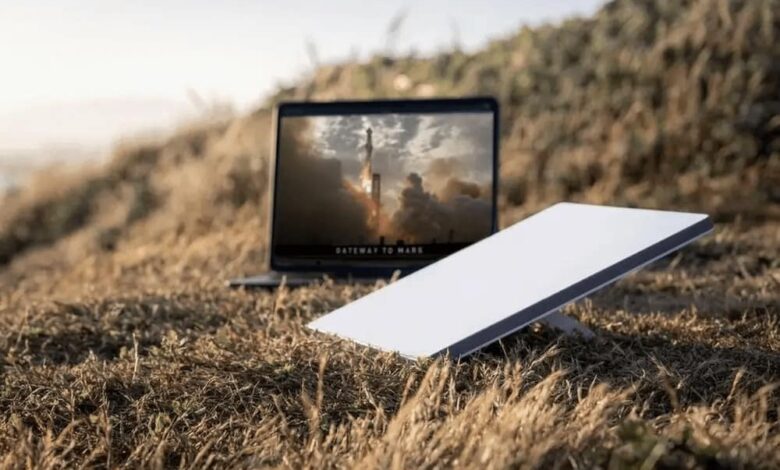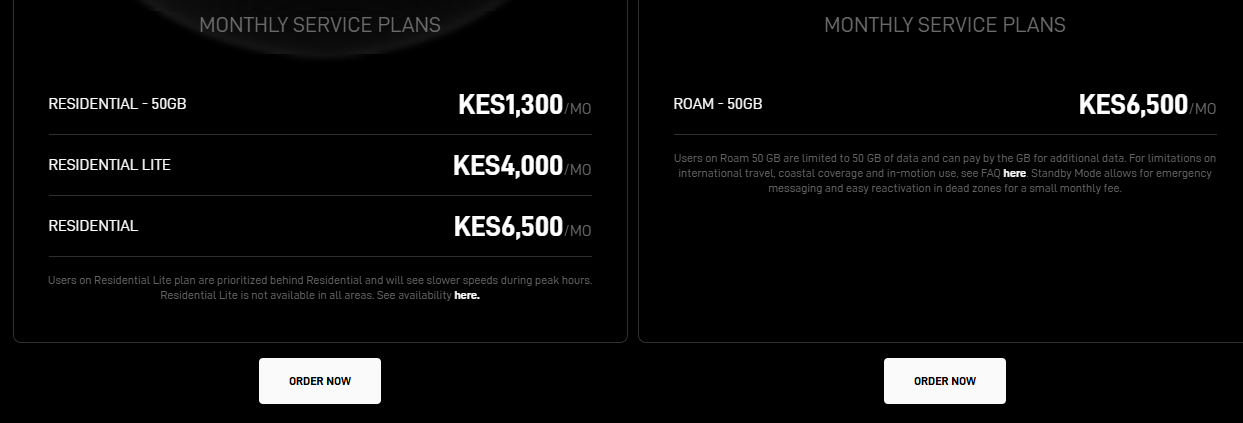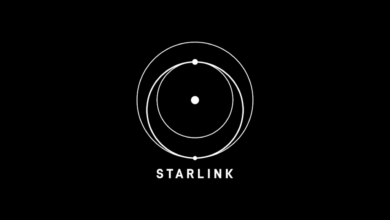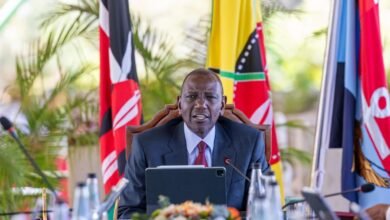
When Elon Musk’s Starlink officially landed in Kenya, it felt like a game-changer. Finally, blazing-fast internet from space, reaching even the most remote corners of the country where fibre cables fear to tread. We’ve seen the stories, from lodges in the Maasai Mara to homes in areas with patchy connectivity. But as we settle into 2025, the initial stardust seems to be wearing off, and the plot, like our local drama shows, is thickening.
Starlink is facing a bit of a reality check. In the first quarter of this year, the company actually lost about 2,000 subscribers in Kenya. Why the sudden change of heart? Well, for one, the cost. With the hardware kit setting you back a cool KES 27,000 (for the Mini version) and monthly fees floating between KES 4,000 and KES 6,500 (or 50GB data at KES1,300/mo), it’s a tough sell when local champions like Safaricom, Airtel and Poa Internet (which just secured a KES 517M funding with Finnfund) are offering 5G routers and fibre plans at a fraction of the price.

Plus, after an initial surge, some urban users have experienced a slowdown, with median speeds dropping to around 47 Mbps – a far cry from the triple-digit speeds initially promised. The competition isn’t sleeping, either. Safaricom is aggressively pushing its fibre and 5G home internet, and it seems many Kenyans are opting for the more affordable, and often faster, local options.
China’s Answer to Starlink
Just as we were getting used to the satellite internet monopoly, a new challenger is entering the arena, and it’s a big one: China.
Beijing is pouring massive resources into creating its own “Starlink,” and it’s not just a copycat project. They’re building two massive satellite constellations named GuoWang (which recently sent their 10th group of broadband satellites into orbit) and Qianfan (“Spacesail”). We’re talking about a plan for tens of thousands of satellites to blanket the globe, backed by the full might of the Chinese state.
Why should this matter to us in Nairobi, Mombasa, or Kisumu? Simple. China is already deeply embedded in Africa’s technological infrastructure. Remember who built a huge chunk of our 4G networks? Yep, Huawei. This existing relationship, part of the wider “Belt and Road Initiative,” could give Chinese satellite internet a huge advantage. African nations might find it easier and more politically convenient to integrate with a Chinese system, especially if it plays nicely with the infrastructure we already have.
The Chinese government is pushing to commercialize these networks, and while they’re still a couple of years behind Starlink in deployment, they are catching up fast. They’ve already signed service contracts in Asia and South America. It’s not a question of if they’ll come to Africa, but when.
This looming satellite showdown is already causing ripples at home. Safaricom has raised concerns with the Communications Authority of Kenya (CA), suggesting that satellite providers like Starlink shouldn’t just get a free pass. They argue that these global players should partner with local telcos, a move that would ensure they invest in the country and comply with local laws. Meanwhile, Airtel is already playing ball with Starlink, partnering with them to extend mobile connectivity to rural and remote areas. This shows that the future might not just be about competition, but also about clever collaborations.
What Does This Mean for Your Internet Bill?
At the end of the day, the biggest question for most of us is: will this make my internet cheaper and better? The answer is, most likely, yes.
Competition is always good for the consumer. Starlink is already feeling the heat from local fibre providers. The arrival of a well-funded Chinese competitor could force everyone’s prices down. We might see more flexible packages, lower hardware costs, and a race to provide the best service, whether you’re in Kilimani or Vihiga.
So, get your popcorn ready. The battle for the skies above Kenya and Africa is heating up. It’s a clash of tech titans, global politics, and local business interests. But for us on the ground, this space race might just be the thing that finally delivers on the promise of fast, affordable internet for everyone.
So, would you switch to a Chinese satellite internet service if it was cheaper than Starlink? Or do you trust Musk’s constellation more? Share your thoughts in the comments below.






